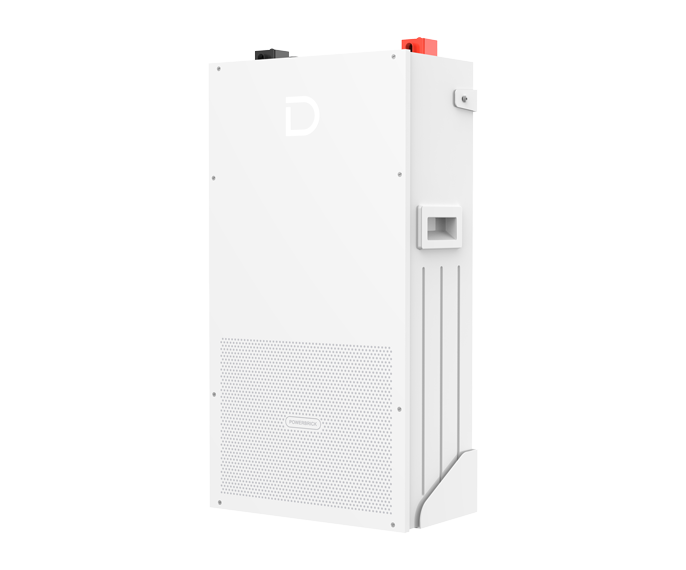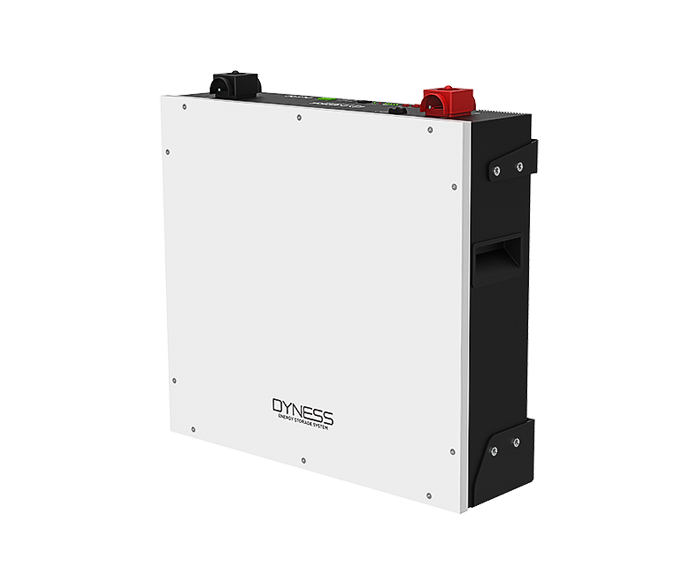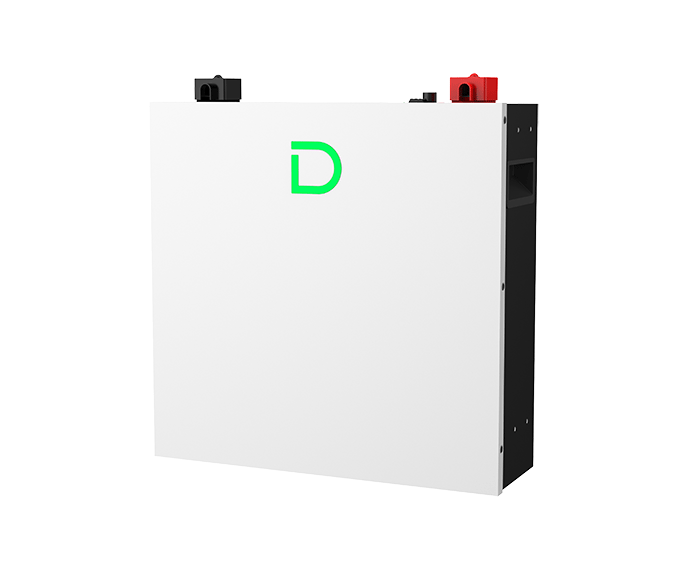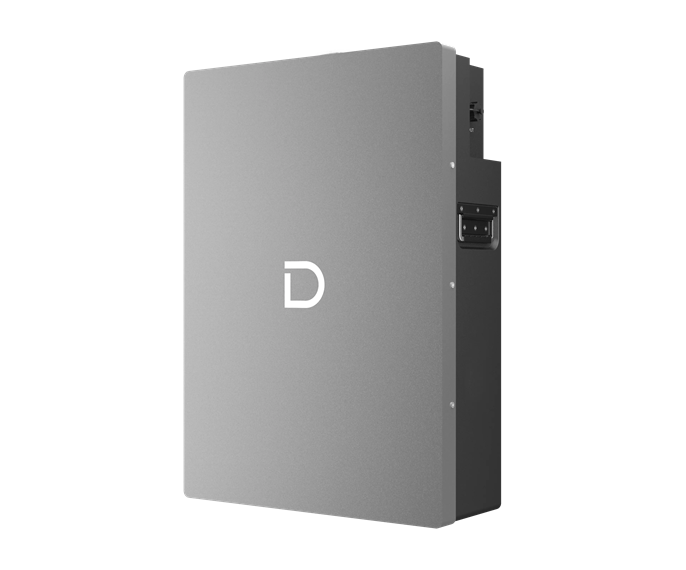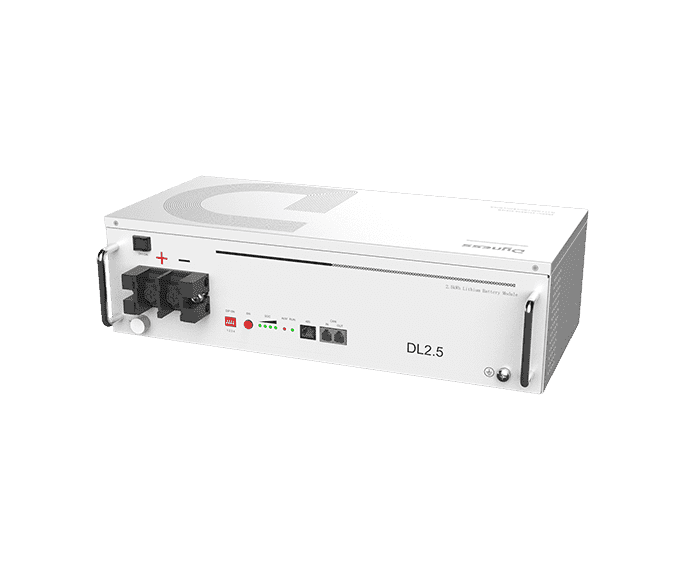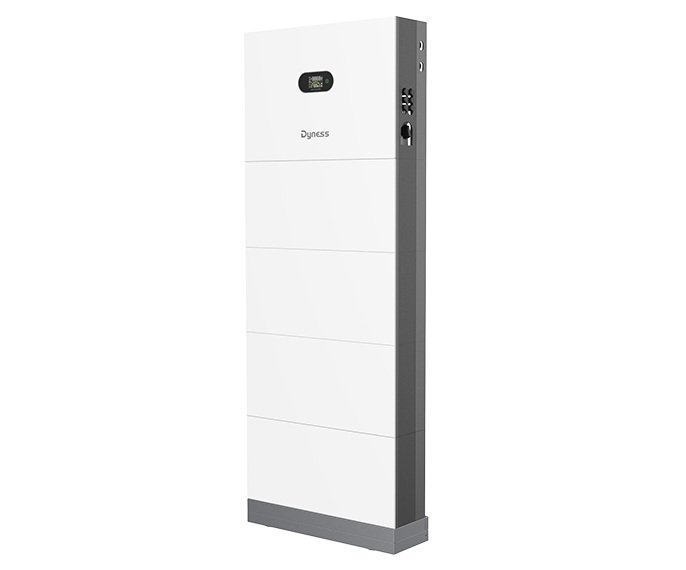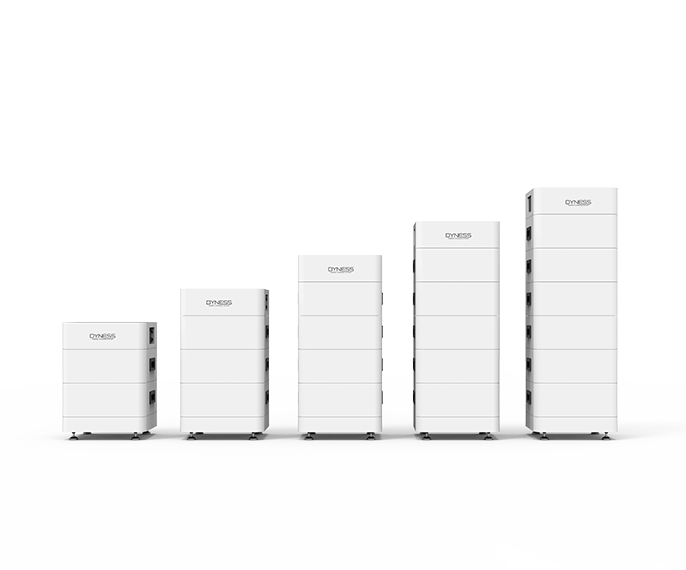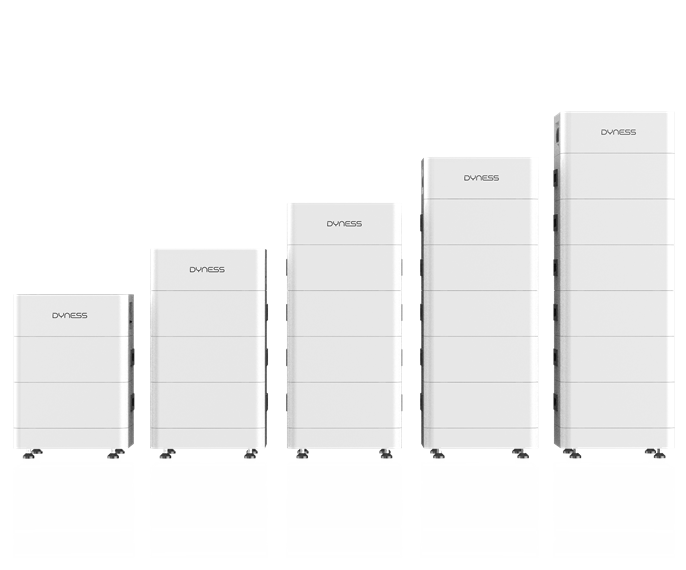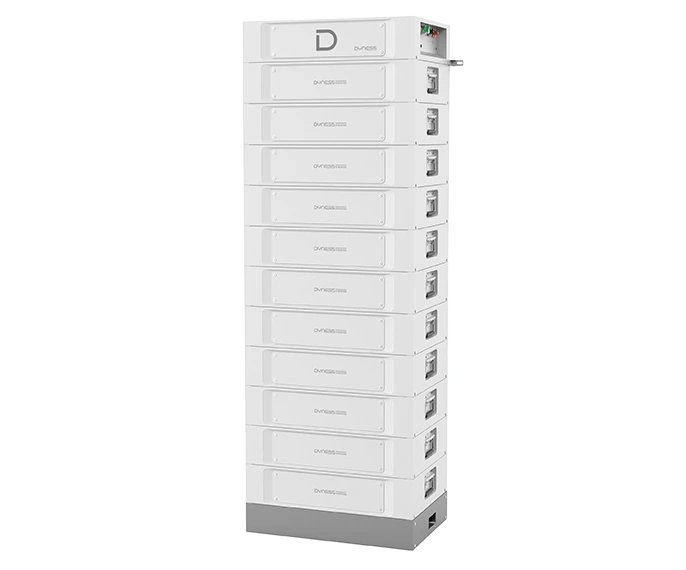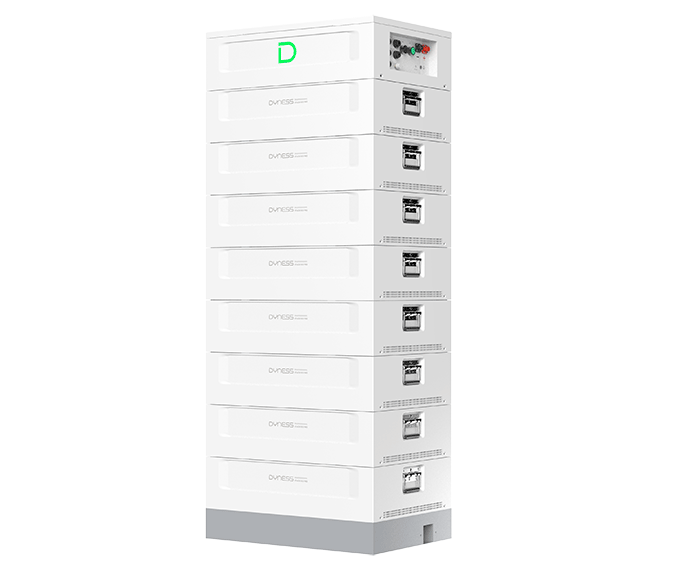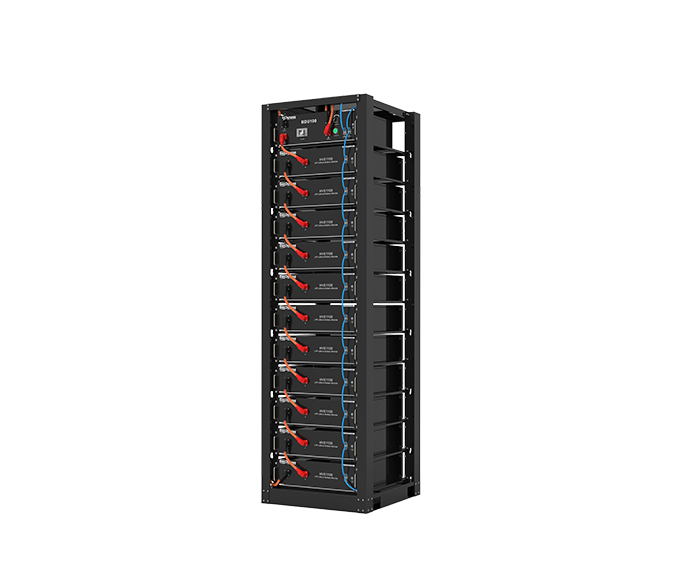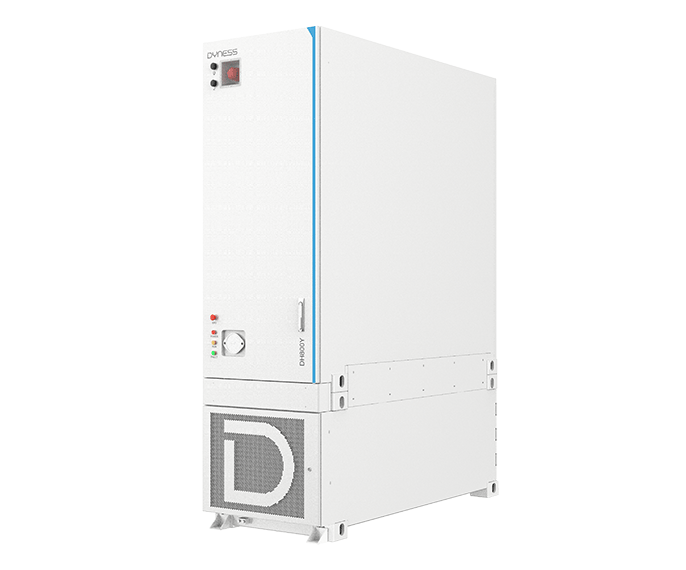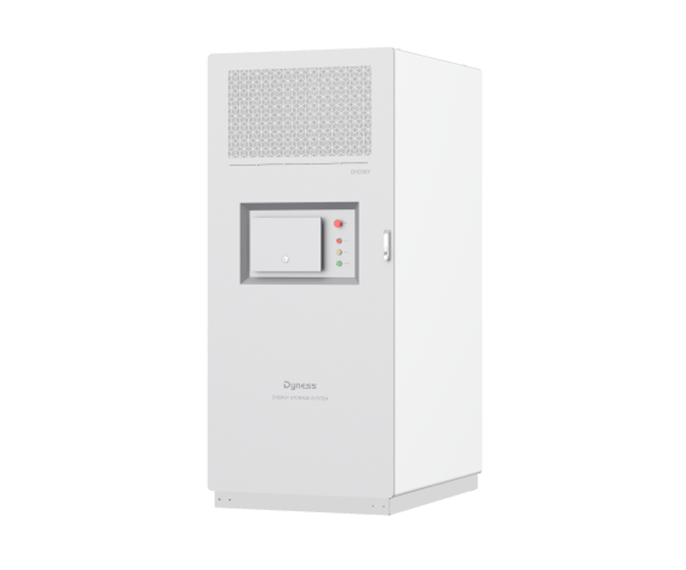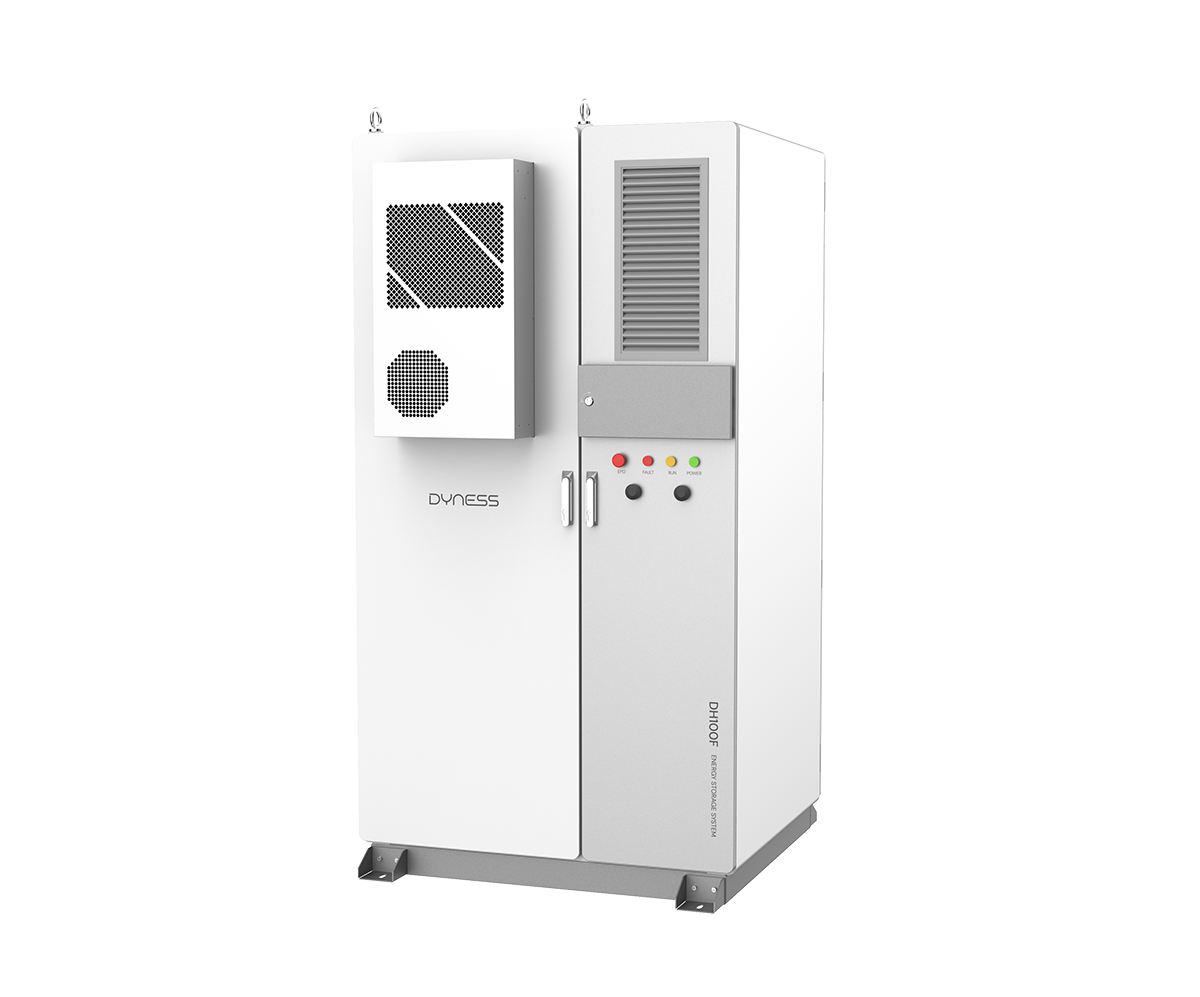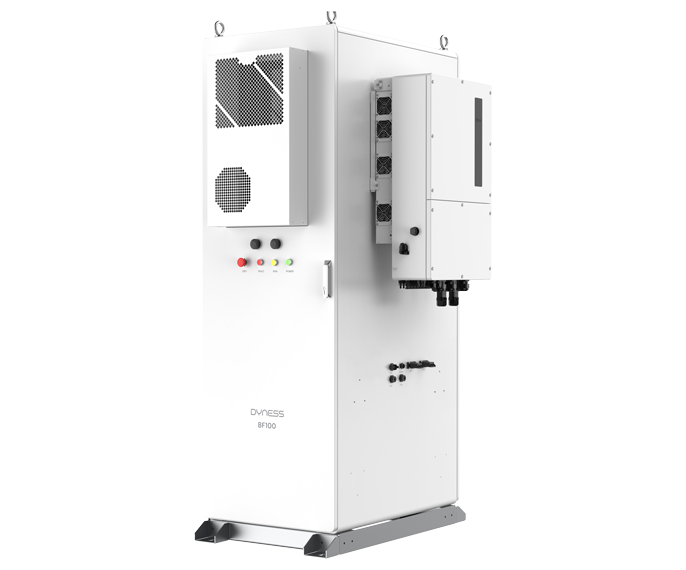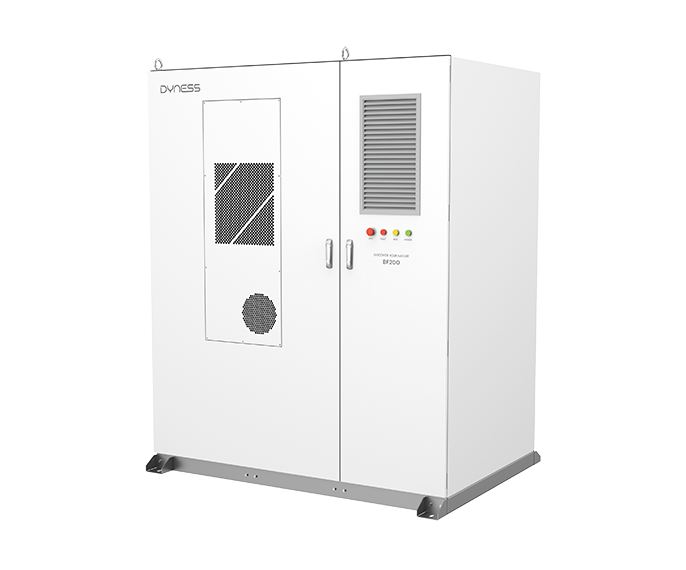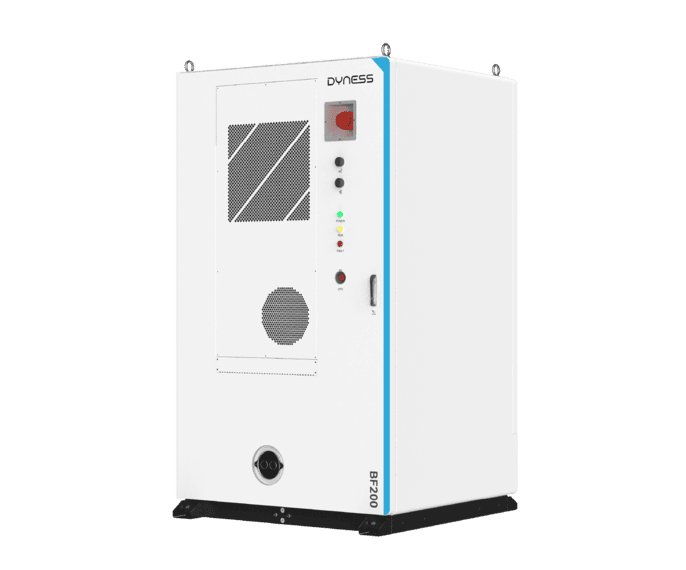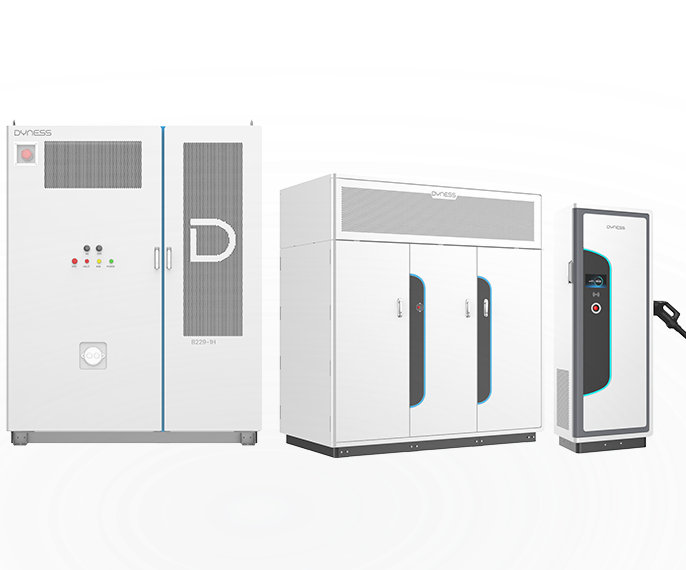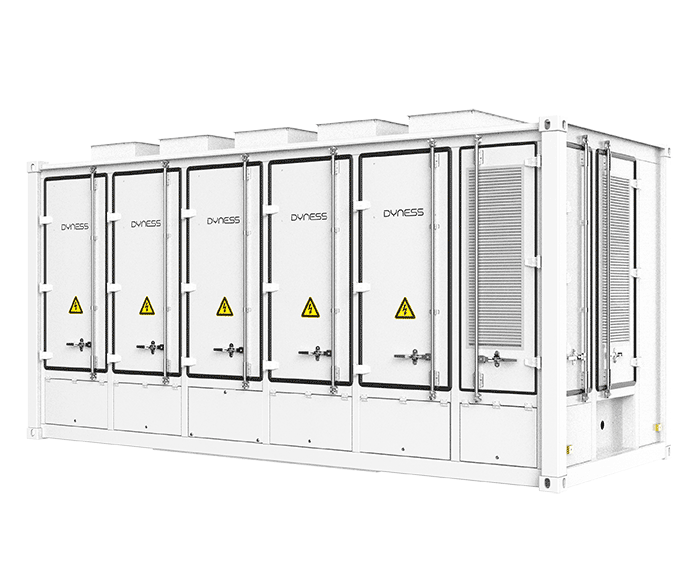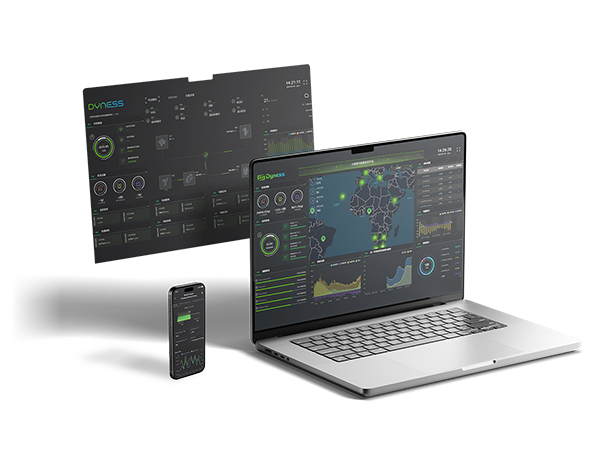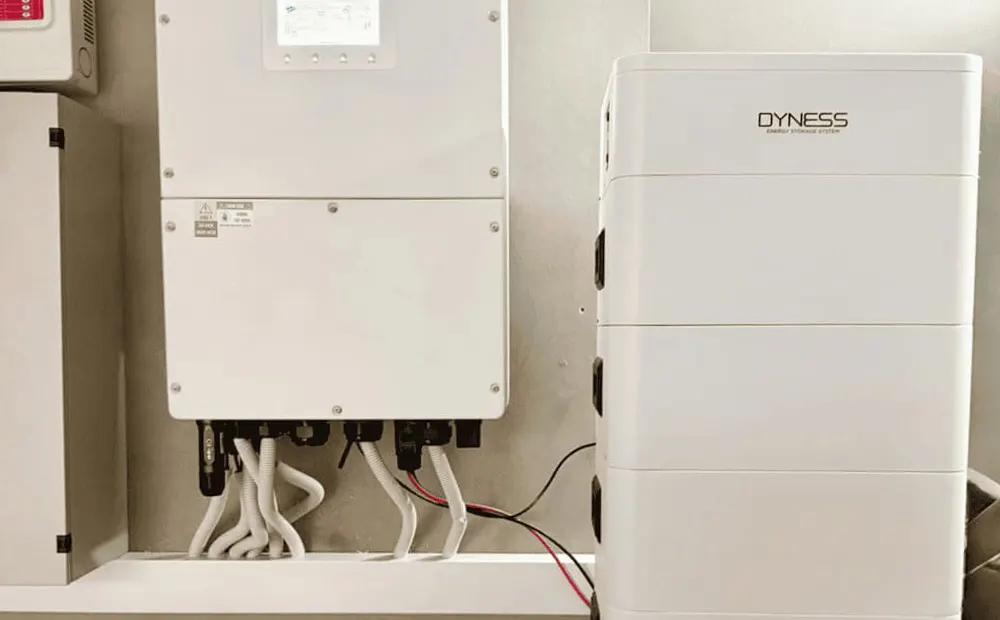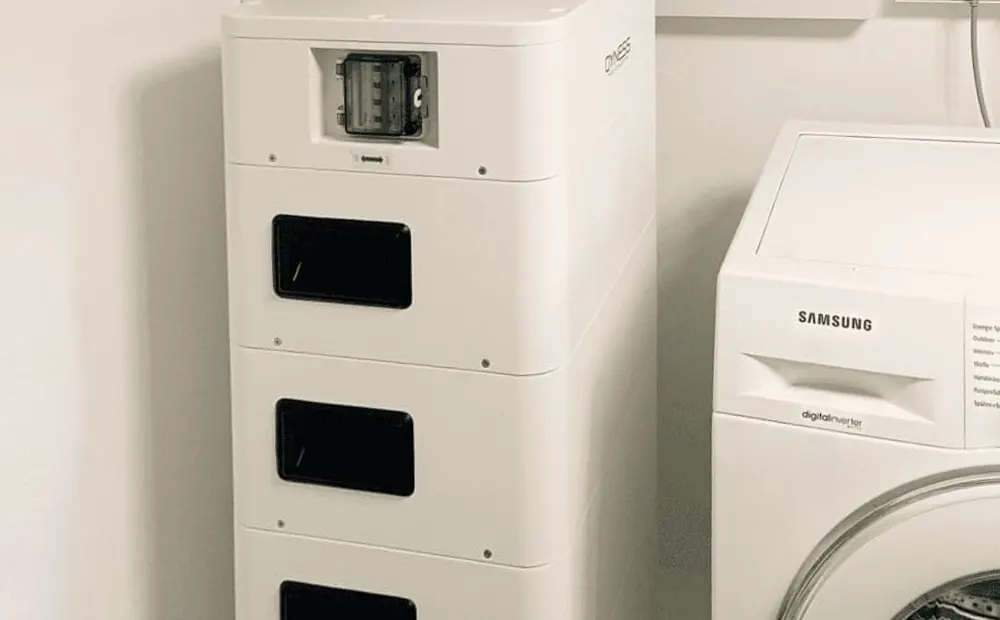-
Project
Tower T21, 21.31kWh, Deye
-
Address
New Zealand
-
Date
May 2025
-
Application
PV+AC
Background
Located on the east coast of New Zealand's North Island, Gisborne is a city known for its nature-based education and sustainability. In recent years, local schools have become increasingly concerned about green energy, especially in the context of rising electricity prices and increasing pressure on carbon emissions, and educational institutions are actively seeking low-carbon, efficient energy solutions.
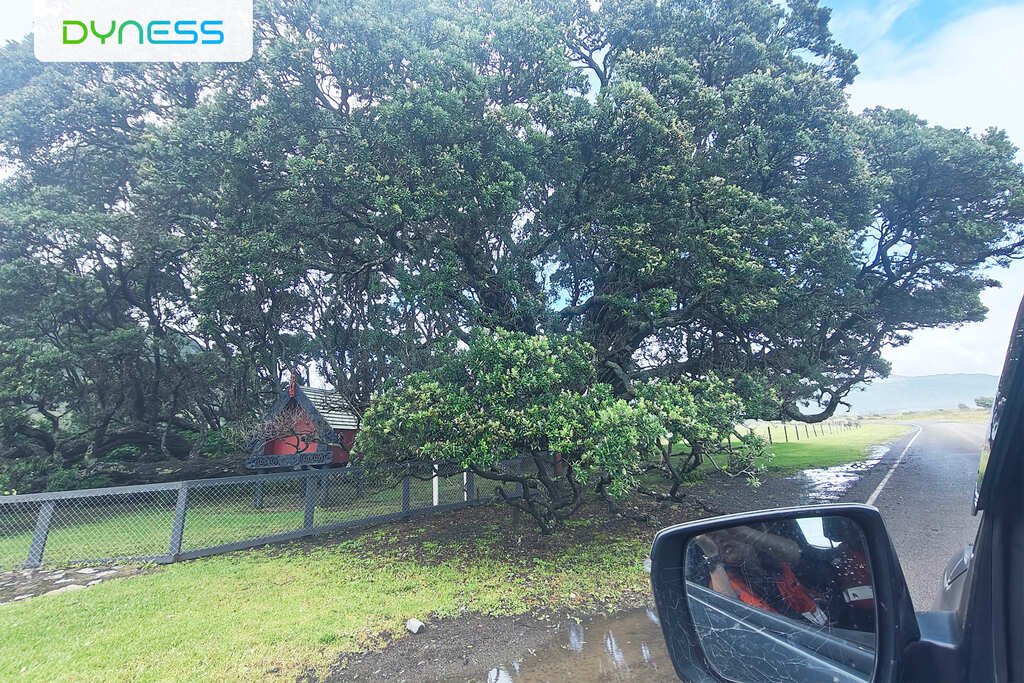
As a green school, Gisborne School wanted to incorporate renewable energy into its teaching and day-to-day operations, to meet peak hour demand and to save energy in an environmentally friendly way. The school management team chose to work with Dyness to deploy a high performance energy storage system to support the school's long term sustainability goals.
Introduction
In response to the scale of the school's electricity consumption and operation cycle, Dyness launched a solution based on Tower T21 modules. A total of five clusters of Tower T21 systems were deployed for parallel operation. Combined with two Deye 50kW inverters, the system effectively integrates the solar power generation resources in the school, realizes peak and valley power regulation and back-up power supply, and ensures stable power consumption in teaching areas, libraries, laboratories and other areas.
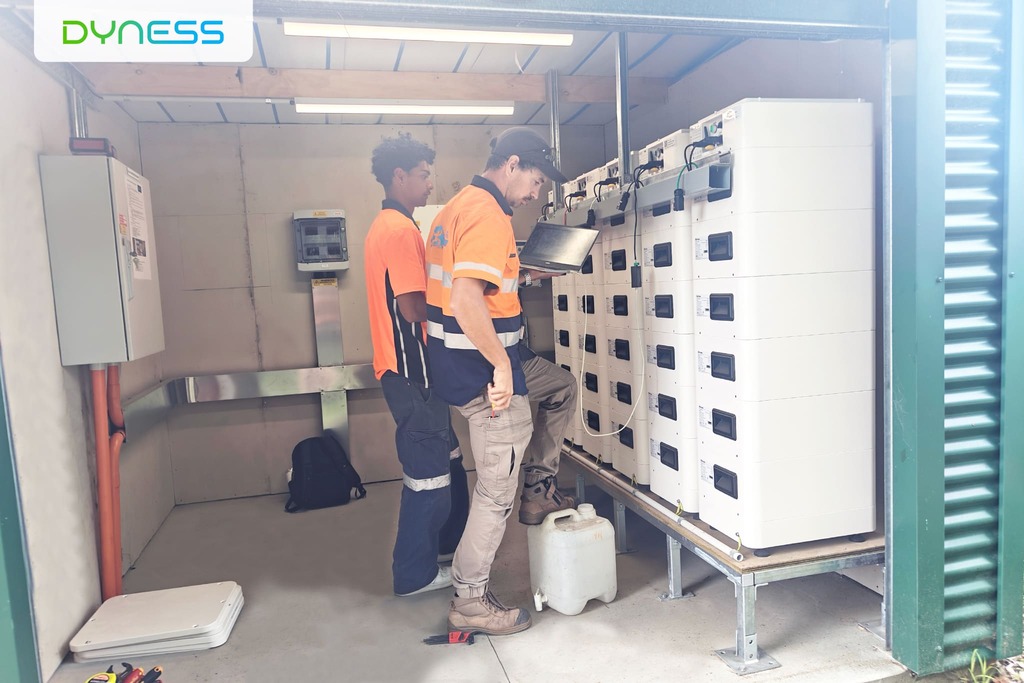
Tower T21 home energy storage system adopts a modular and adaptive stacking design, with a capacity of up to 21.31kWh/cluster, and supports a maximum of 12 clusters for parallel expansion, which meets the needs of the campus for possible expansion or energy consumption increase in the future. The system supports remote monitoring and upgrading, which makes it easy for schools to manage the system at a later stage. Its high IP54 protection rating also allows the equipment to be deployed both indoors and outdoors flexibly, allowing for worry-free operation around the clock.

Customer Value
This highly efficient and stable energy storage system not only relieves the school's electricity pressure during peak hours, but also effectively improves the rate of solar self-generation and self-consumption and significantly reduces operating costs. More importantly, it provides students with a “living textbook” to visualize and learn about green energy. Through professional and timely system design and implementation, Dyness has helped Gisborne School to realize a truly green campus transformation, providing a model for the sustainable development of New Zealand's educational institutions.
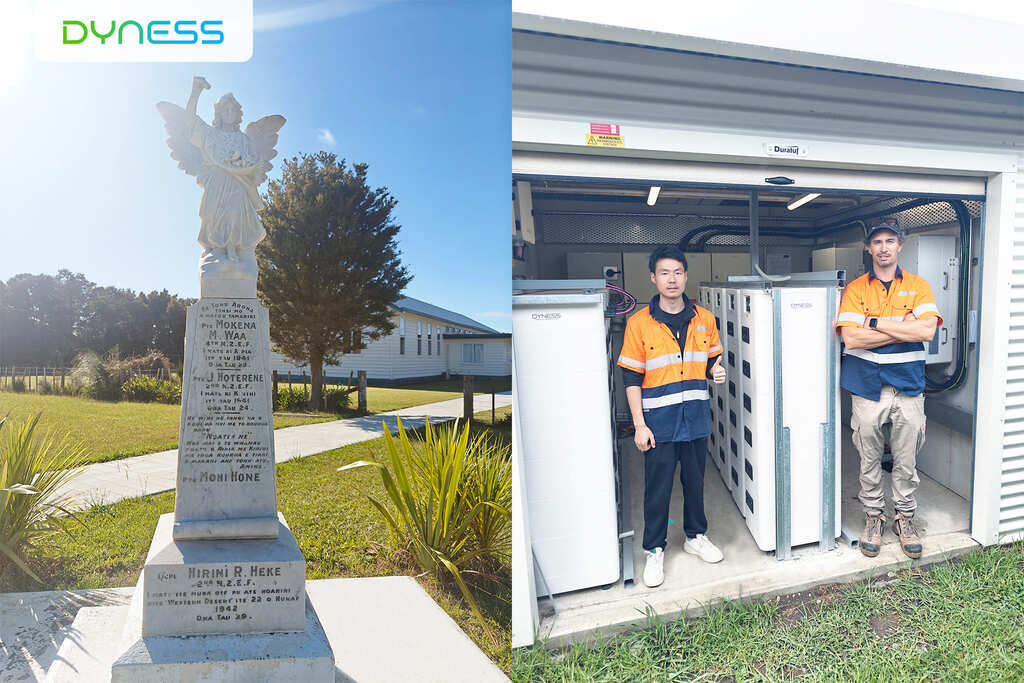
Typical Case
Contact Us
-
Buy Products
-
Become a Partner
-
After-sales

-
1.Background
-
2.Introduction
-
3.Customer Value
-
4. Typical Case
-
5. Related Products
-
6. Product Inquiry





